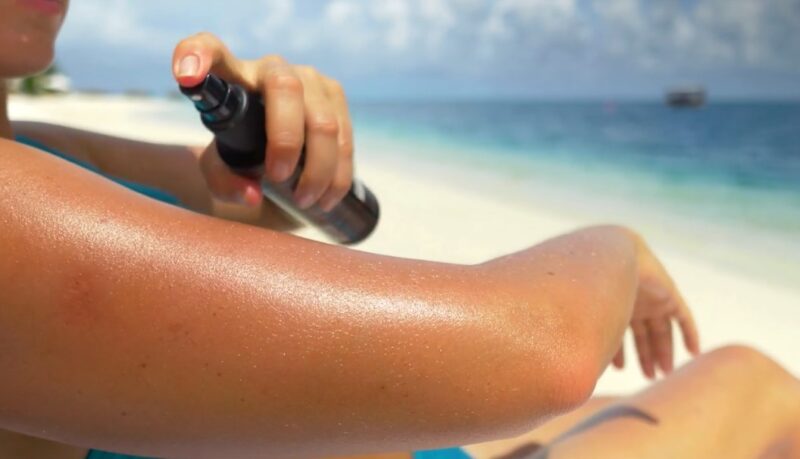Sun poisoning serves as a reminder of the sun’s formidable power, extending beyond mere warmth to provoke significant bodily distress. This article uncovers the possible consequences, treatments, and home remedies you can use to relieve symptoms.
Key Takeaway
- Eight home remedies for sun poisoning include aloe vera application, cool baths, staying hydrated, wearing loose clothing, taking over-the-counter pain relievers, using cool compresses, moisturizing with gentle lotions, and seeking shade for rest and recovery.
- It is important to consult a healthcare provider if symptoms are severe or persist.
What is Sun Poisoning?
Sun poisoning stands as a more severe reaction to overexposure to the sun, surpassing the usual sunburn both in intensity and potential health risks. It encompasses a spectrum of symptoms including skin redness and blistering, swelling, fever, nausea, and dehydration, signaling an acute response to ultraviolet (UV) radiation damage.
Unlike a mild sunburn that might cause temporary discomfort, sun poisoning requires immediate and careful attention to prevent further damage and ensure a swift recovery.
8 Home Remedies For Sun Poisoning
It is important to treat sun poisoning as soon as possible to ease the pain. If the symptoms continue, it is important to know that you should seek medical help.
1. Aloe Vera Application
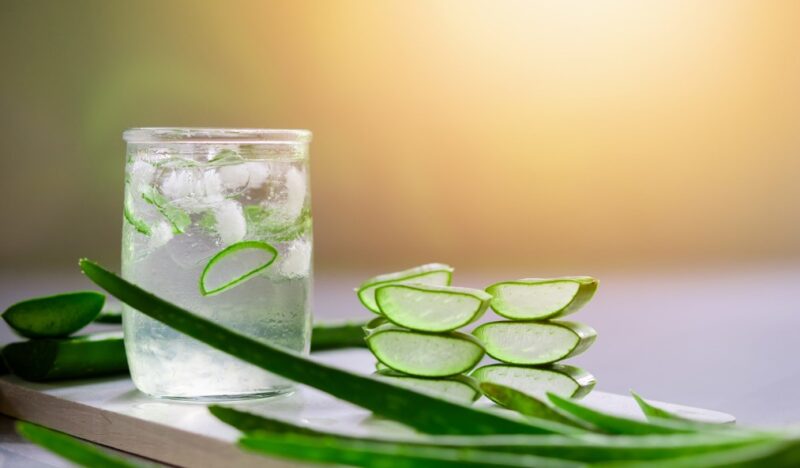
Aloe vera gel is renowned for its soothing and healing properties, offering immediate relief to burnt skin. Its anti-inflammatory qualities help reduce swelling and accelerate the healing process. The natural antioxidants found in aloe vera not only aid in the skin’s healing process but also help restore its natural moisture barrier, making it an indispensable remedy for damaged skin.
2. Cool Baths or Showers
Taking a cool bath or shower can significantly alleviate the discomfort of burned skin. It helps to lower the skin’s temperature and soothe the burn without causing further irritation. Cool water not only draws out the heat from burnt skin but also prepares it for better absorption of moisturizers applied post-bath, enhancing the skin’s recovery process.
3. Stay Hydrate
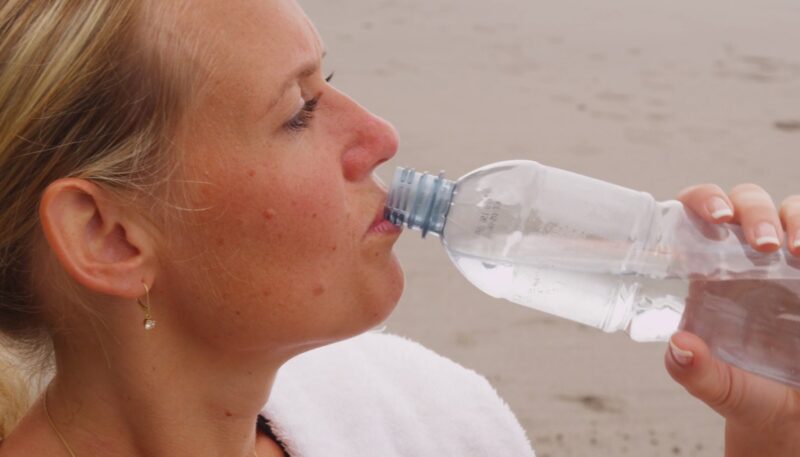
Drinking plenty of water is essential after sun exposure to rehydrate the body and help skin heal. Hydration aids in detoxification and promotes the recovery of damaged skin cells. Maintaining optimal hydration levels supports the overall health of the skin, facilitating its natural repair mechanisms and helping to soothe the discomfort associated with sun poisoning.
4. Wear Loose Clothing
Opting for loose, soft, and breathable clothing helps prevent further irritation to burned areas. Fabrics like cotton allow the skin to breathe and heal comfortably. Choosing clothing that allows air circulation aids in the reduction of skin temperature and prevents additional friction on sensitive, burned areas, promoting a more comfortable healing environment.
5. Over-the-counter Pain Relievers
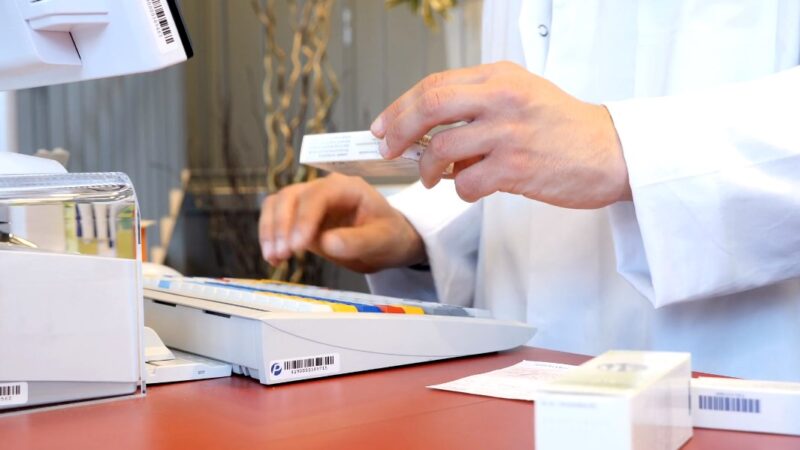
Ibuprofen or acetaminophen can be taken to reduce pain and inflammation caused by overexposure. These medications provide relief from discomfort and should be used according to package directions. These medications can also help alleviate headaches and general body aches that often accompany severe burns, contributing to overall comfort and well-being during recovery.
6. Cool Compresses
Applying cool, damp cloths to affected areas can provide immediate relief from pain and heat. This method is gentle and effective for calming inflammation and discomfort. Repeated application of cool compresses throughout the day can significantly enhance comfort, offering a simple yet effective method to reduce the heat and ease the pain associated with damaged skin.
7. Moisturize with Gentle Lotions
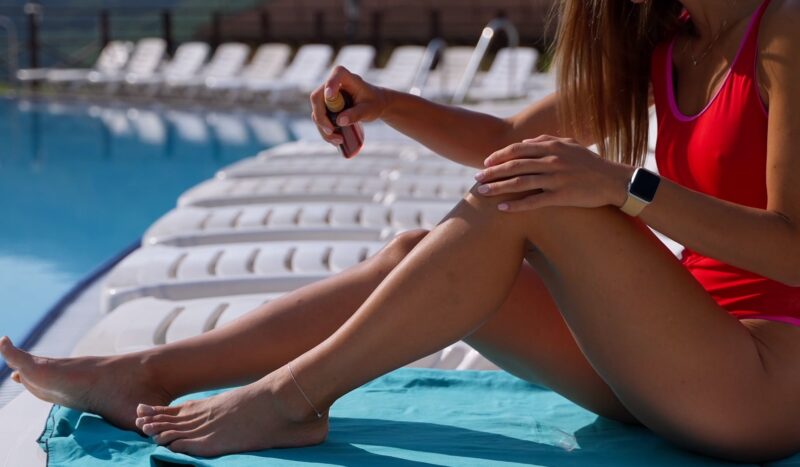
After cooling the skin, applying a gentle, fragrance-free moisturizer can help restore hydration and protect damaged skin. Avoid lotions with alcohol or perfumes that can irritate sensitive skin. Incorporating lotions enriched with ingredients like hyaluronic acid or ceramides can further boost the skin’s hydration levels and barrier function, crucial for the restoration of damaged skin.
8. Seek Shade and Rest
Avoiding further exposure is crucial to prevent aggravating burns. Resting in a shaded or indoor area allows the body to focus on healing and recovery. This period of rest not only minimizes the risk of further UV damage but also allows the body’s natural healing processes to activate more efficiently, speeding up the recovery. Avoid sun exposure for the next few days.
When to Seek Medical Help?
Seek medical help if you experience severe symptoms such as extensive blistering, high fever, intense pain, signs of dehydration (like dizziness, dry mouth, or excessive thirst), confusion, fainting, or if the burn covers a large area of your body and doesn’t improve within a few days.
If you notice symptoms of heat exhaustion, such as heavy sweating, weakness, cold, pale and clammy skin, nausea or vomiting, or a rapid, weak pulse, it’s crucial to seek immediate medical attention. These symptoms can escalate quickly and may require more intensive treatment to ensure a safe and effective recovery from burning. Professional guidance can also provide strategies for future exposure management to avoid recurrence.
Prevention
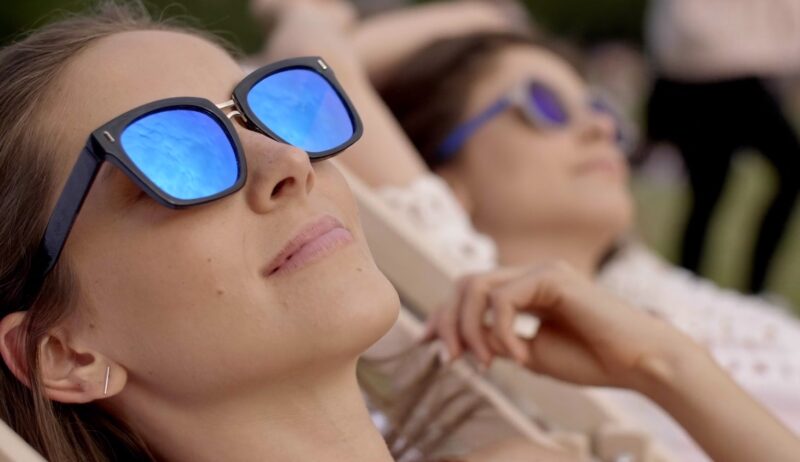
These signs indicate that the body’s response to sun exposure is beyond minor discomfort and requires professional medical intervention to prevent complications.
- Use Broad-Spectrum Sunscreen: Apply a broad-spectrum sunscreen with an SPF of 30 or higher to all exposed skin, reapplying every two hours, or more frequently if swimming or sweating.
- Wear Protective Clothing: Opt for long-sleeved shirts, pants, and wide-brimmed hats to shield your skin from the sun’s rays.
- Wear Sunglasses: Protect your eyes and the surrounding skin by wearing glasses that block both UVA and UVB rays.
- Use Lip Balm with SPF: Protect your lips by applying a lip balm with an SPF of at least 15.
- Avoid Tanning and Tanning Beds: Refrain from deliberate tanning and the use of tanning beds, as these can increase the risk of skin burning and long-term skin damage.
- Stay Hydrated: Drink plenty of fluids to keep your body hydrated, as dehydration can exacerbate the effects of exposure.
FAQs
Can aloe vera prevent sun poisoning?
Aloe vera doesn’t prevent burns but significantly aids in healing and soothing damaged skin after exposure.
Is it safe to take hot showers with sunburn?
Hot showers can worsen sunburn discomfort; cool baths or showers are recommended to soothe the skin.
How often should I apply moisturizer to sunburned skin?
Apply moisturizer at least twice a day or whenever the skin feels dry, to aid in healing and hydration.
Can wearing tight clothing worsen sun poisoning symptoms?
Yes, tight clothing can irritate burned skin further; loose, breathable fabrics are best for recovery.
Should I drink more water than usual if I have sun poisoning?
Yes, increasing water intake is crucial for rehydration and supports the healing process of damaged skin.
Conclusion
Managing sun poisoning effectively involves a combination of immediate and supportive home remedies. Aloe vera, cool baths or showers, hydration, wearing loose clothing, taking over-the-counter pain relievers, applying cool compresses, moisturizing with gentle lotions, and seeking shade and rest are fundamental steps in the healing process.
Each remedy plays a unique role in alleviating the discomfort, reducing inflammation, and promoting the recovery of damaged skin. It’s essential to recognize when symptoms escalate beyond home treatment capabilities, prompting the need for professional medical attention. For more useful tips, feel free to visit our website.
Adopting these practices not only aids in the current recovery but also underscores the importance of preventive measures to safeguard against future sun exposure risks. Ultimately, understanding and applying these remedies can significantly enhance comfort and health following sun poisoning, reflecting a mindful approach to enjoying the sun safely.
